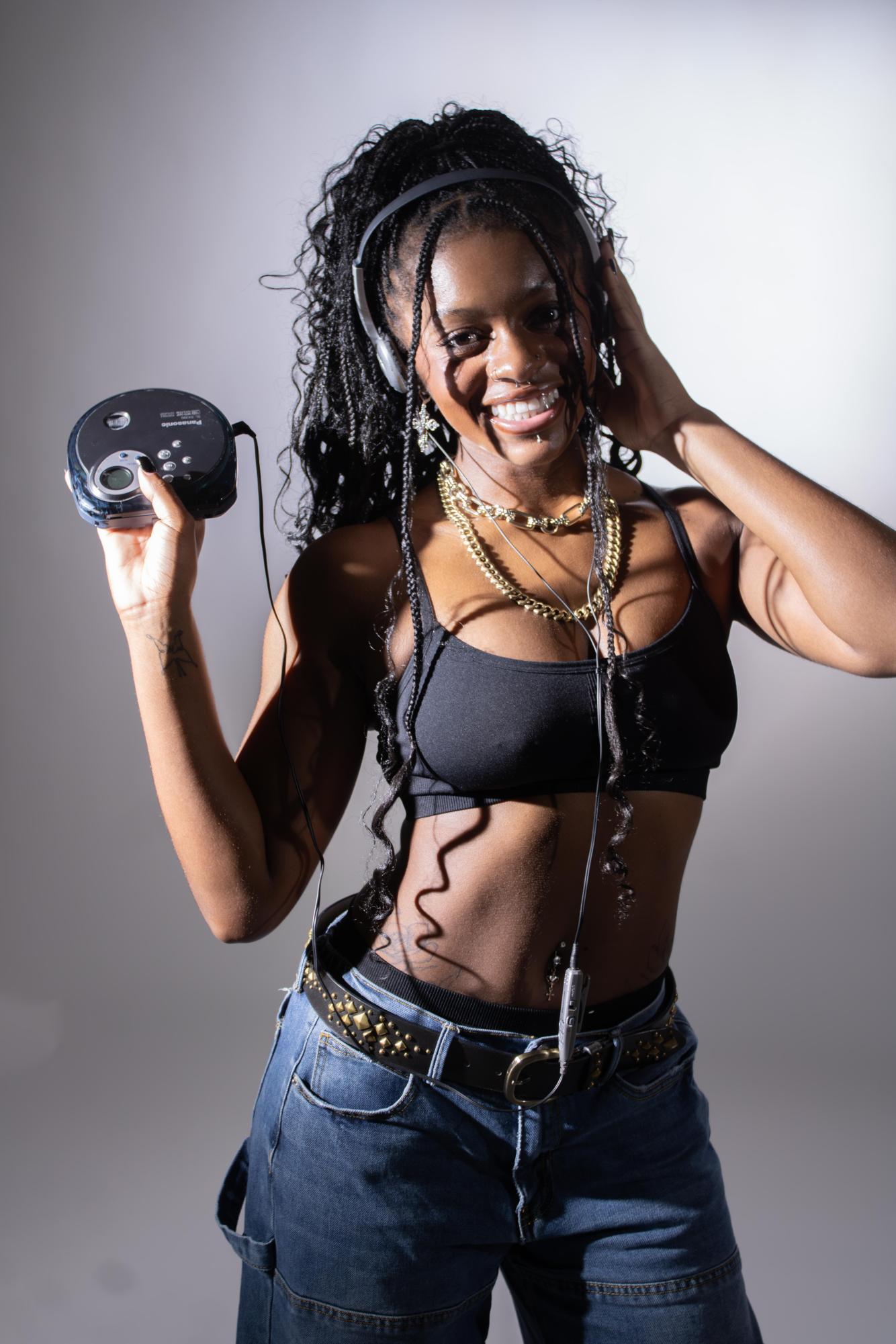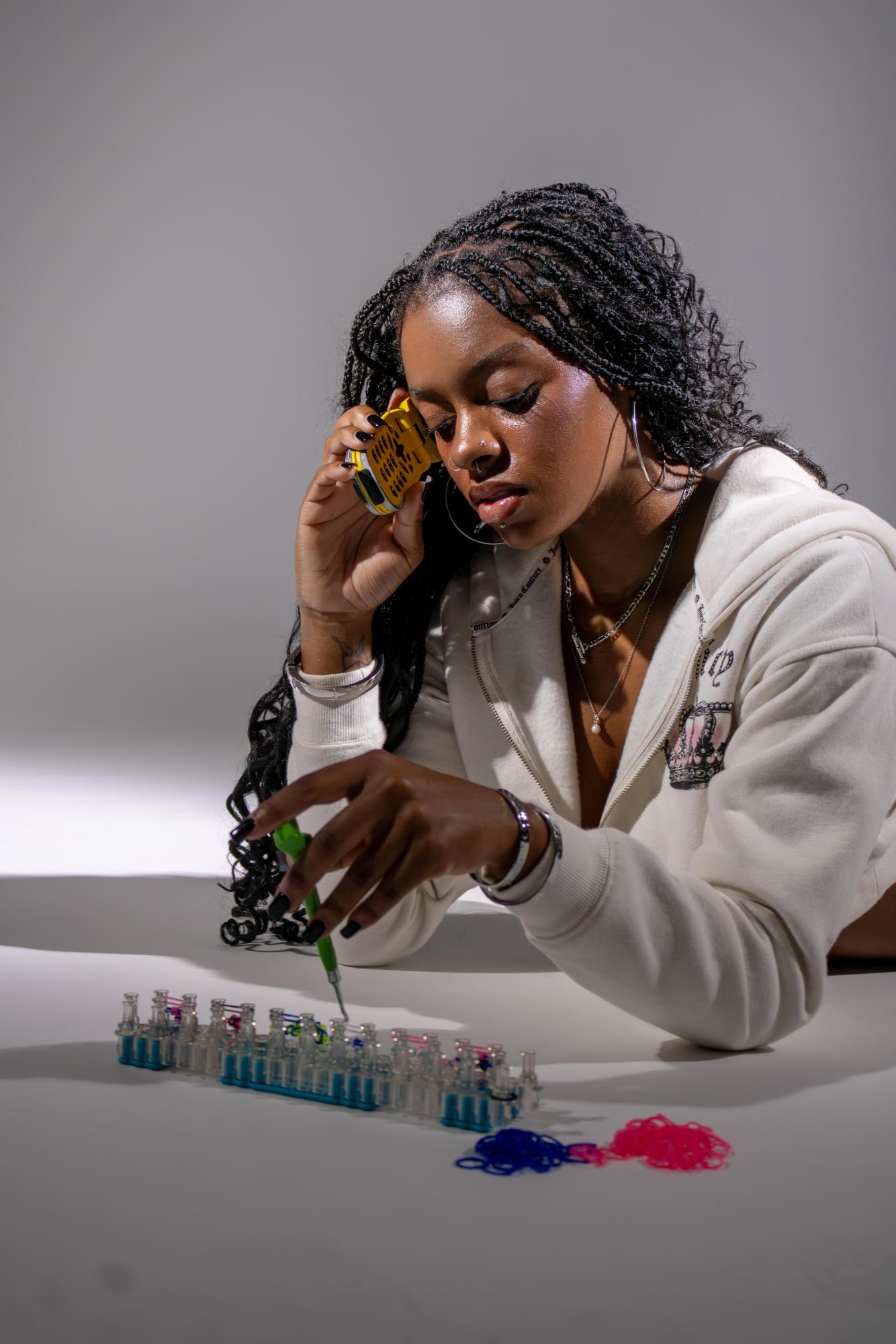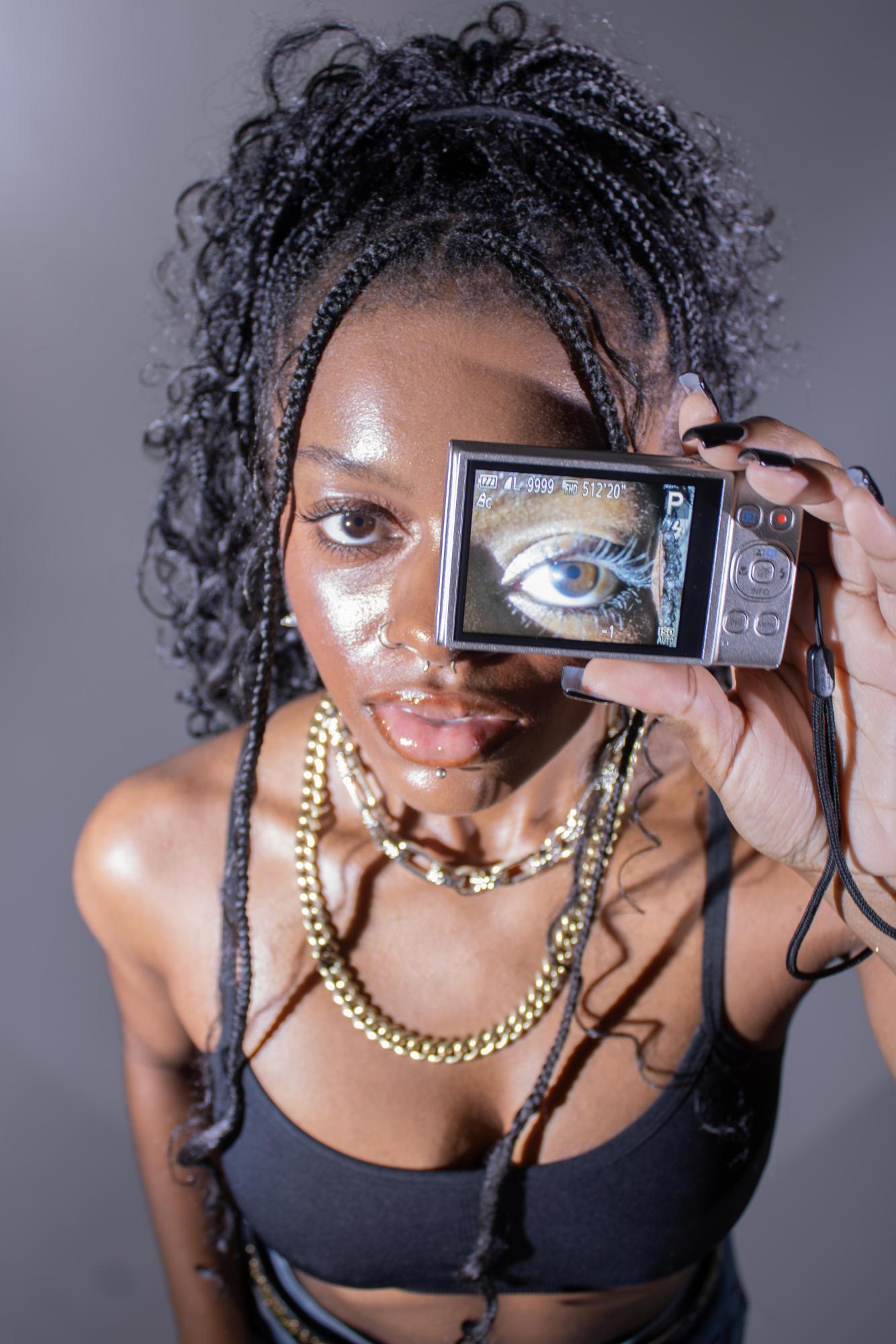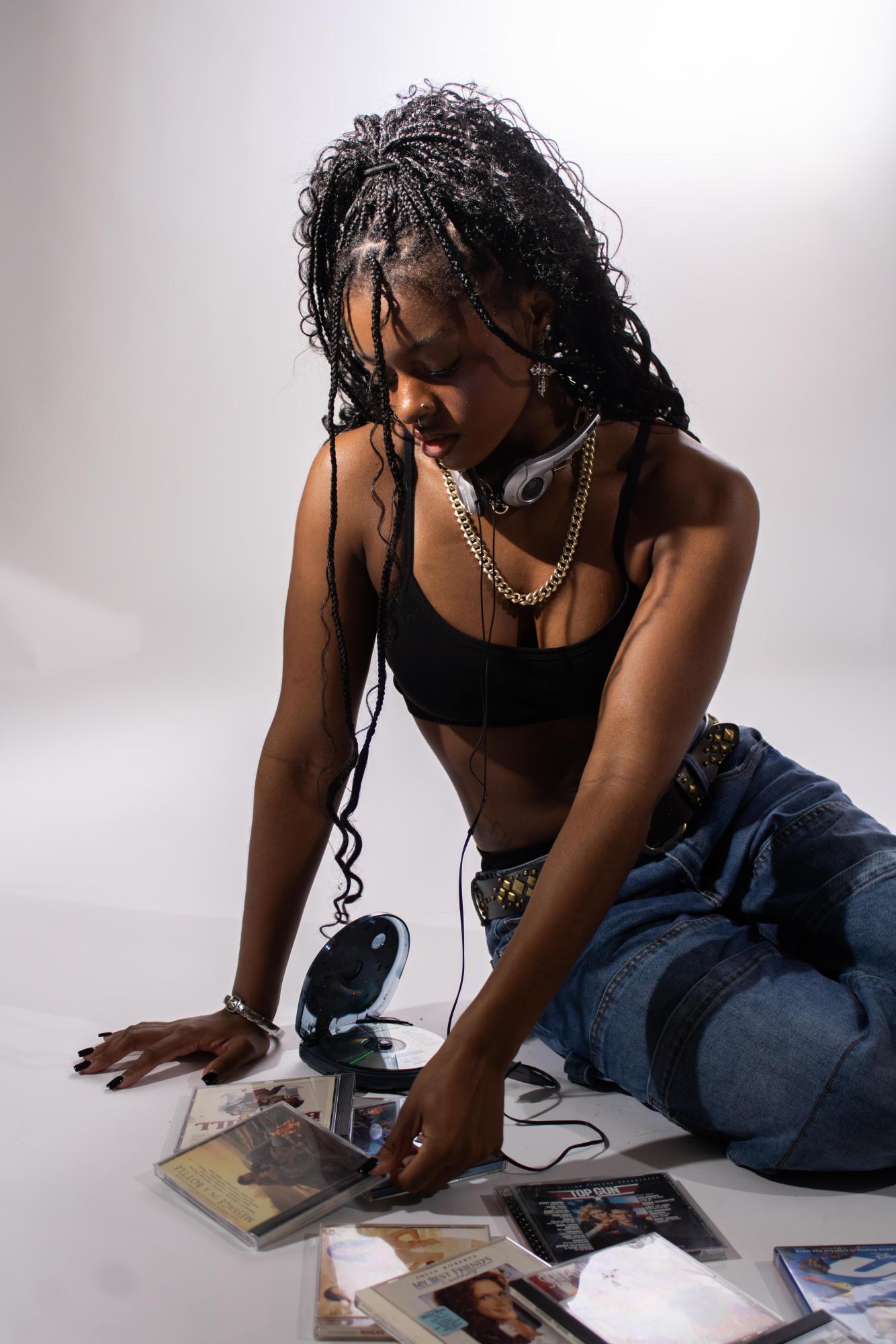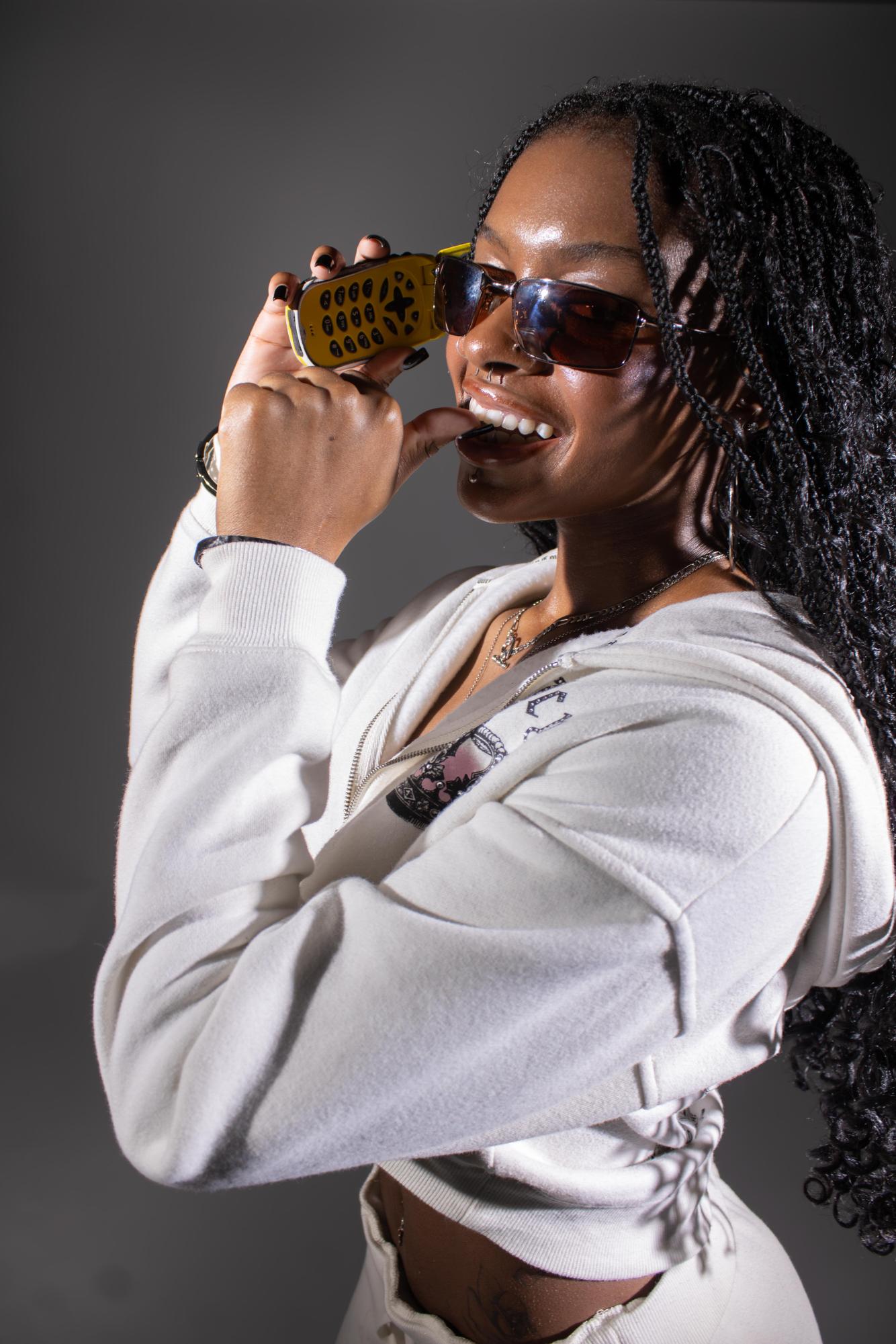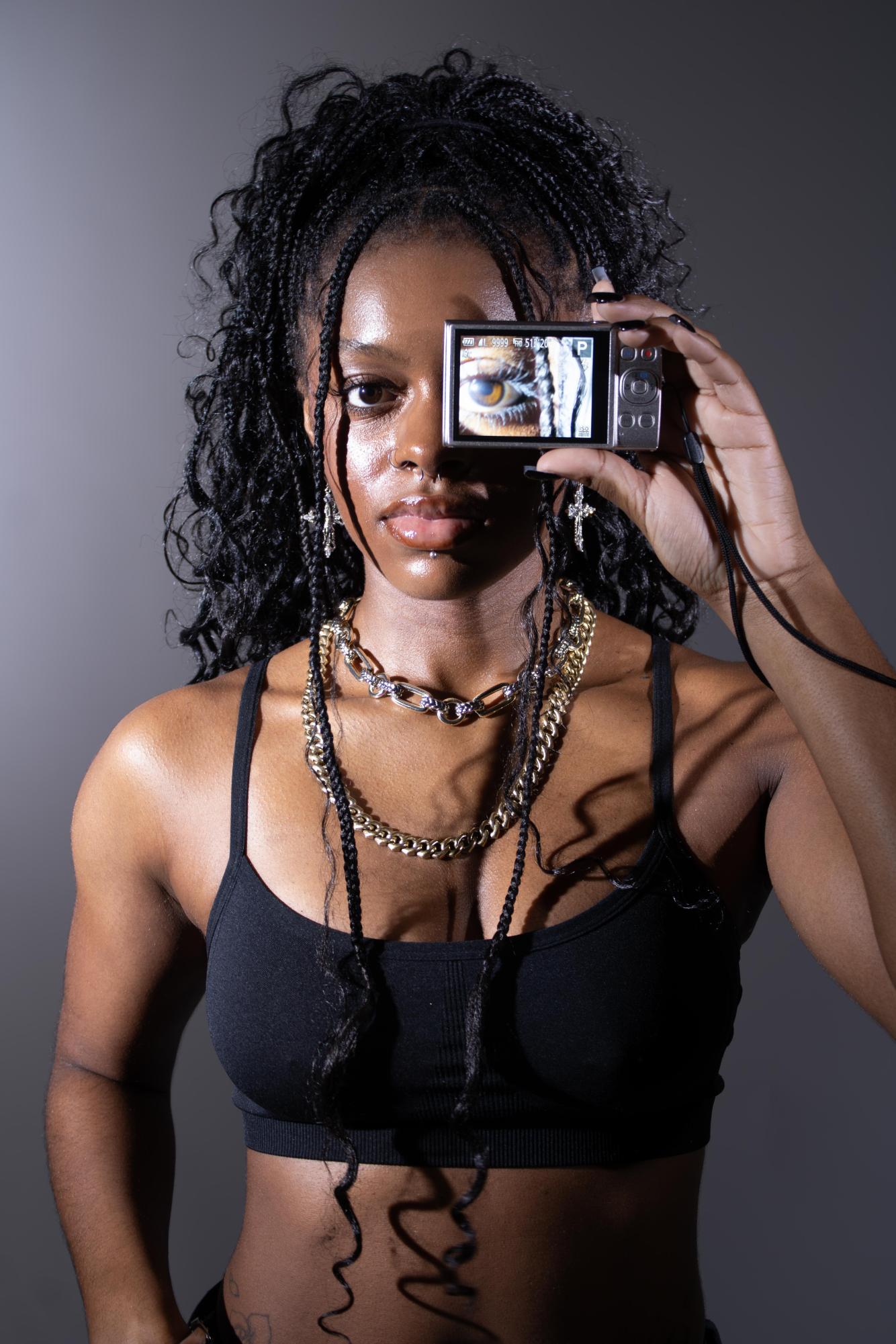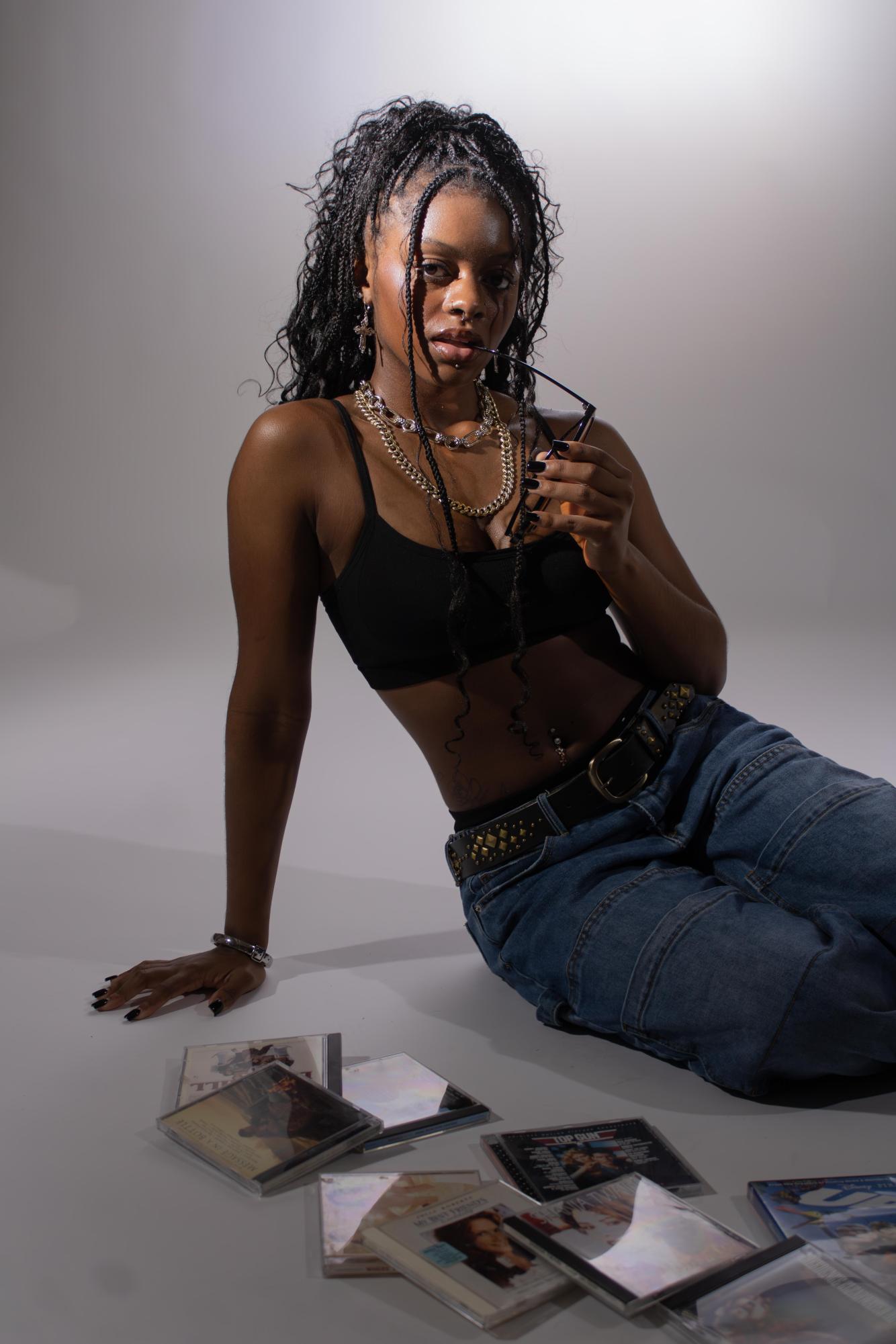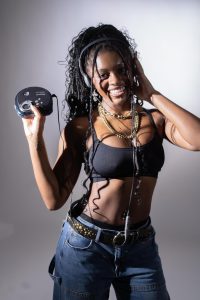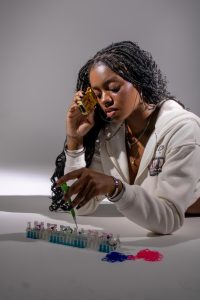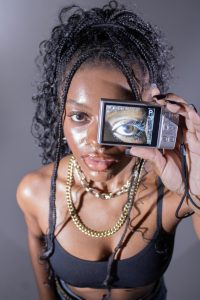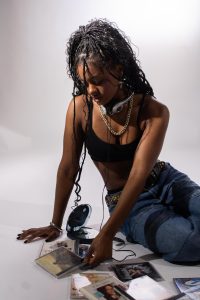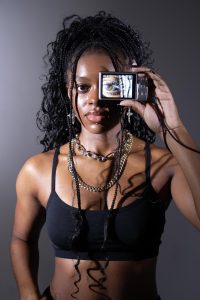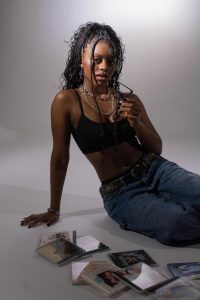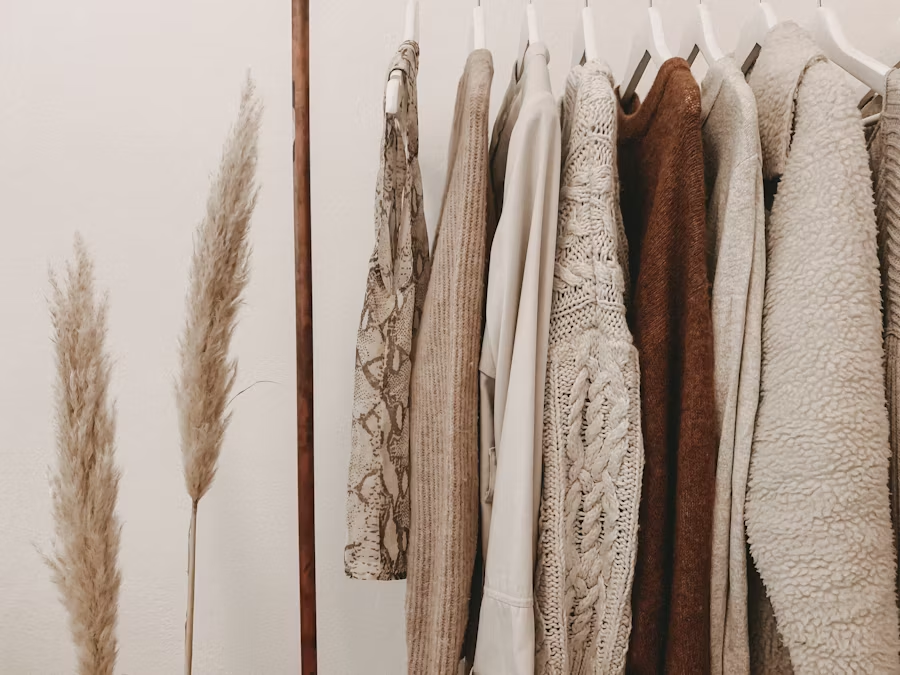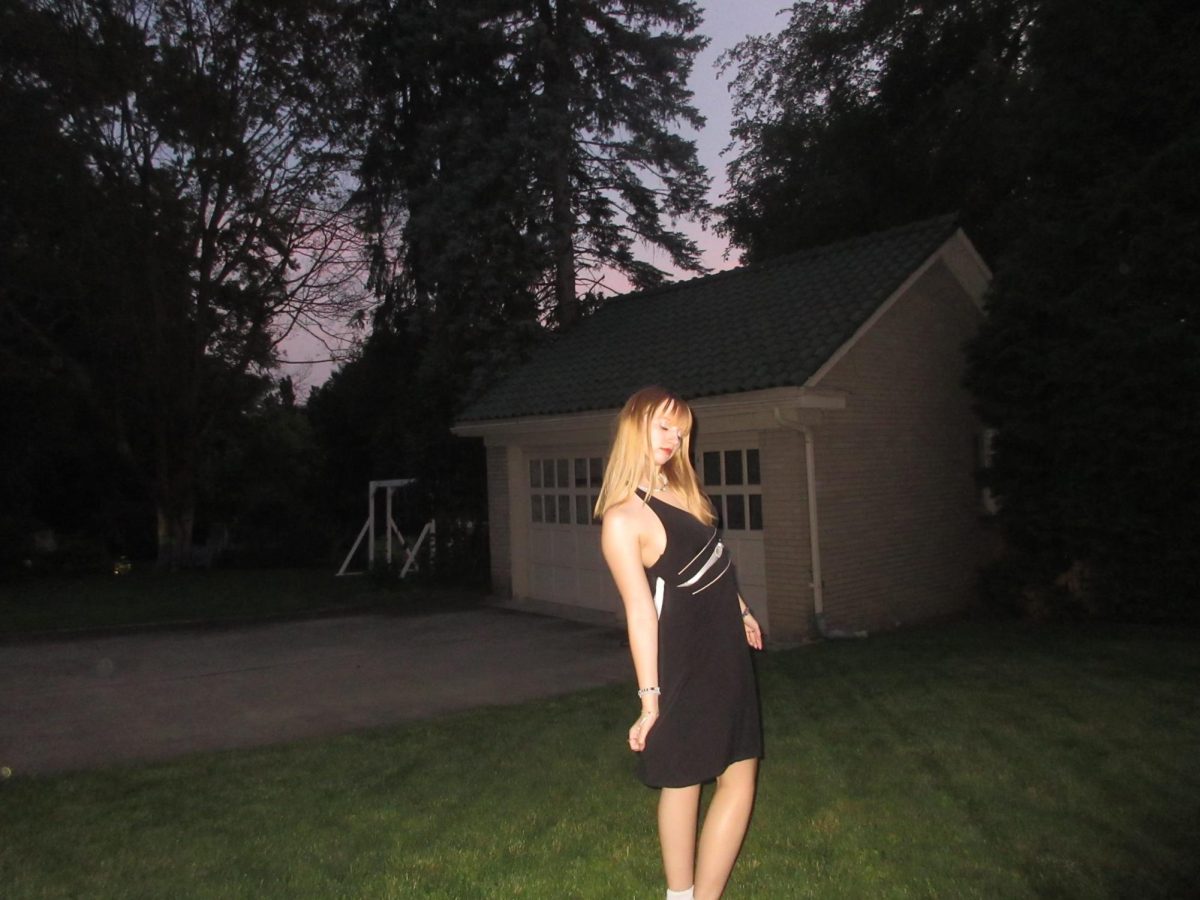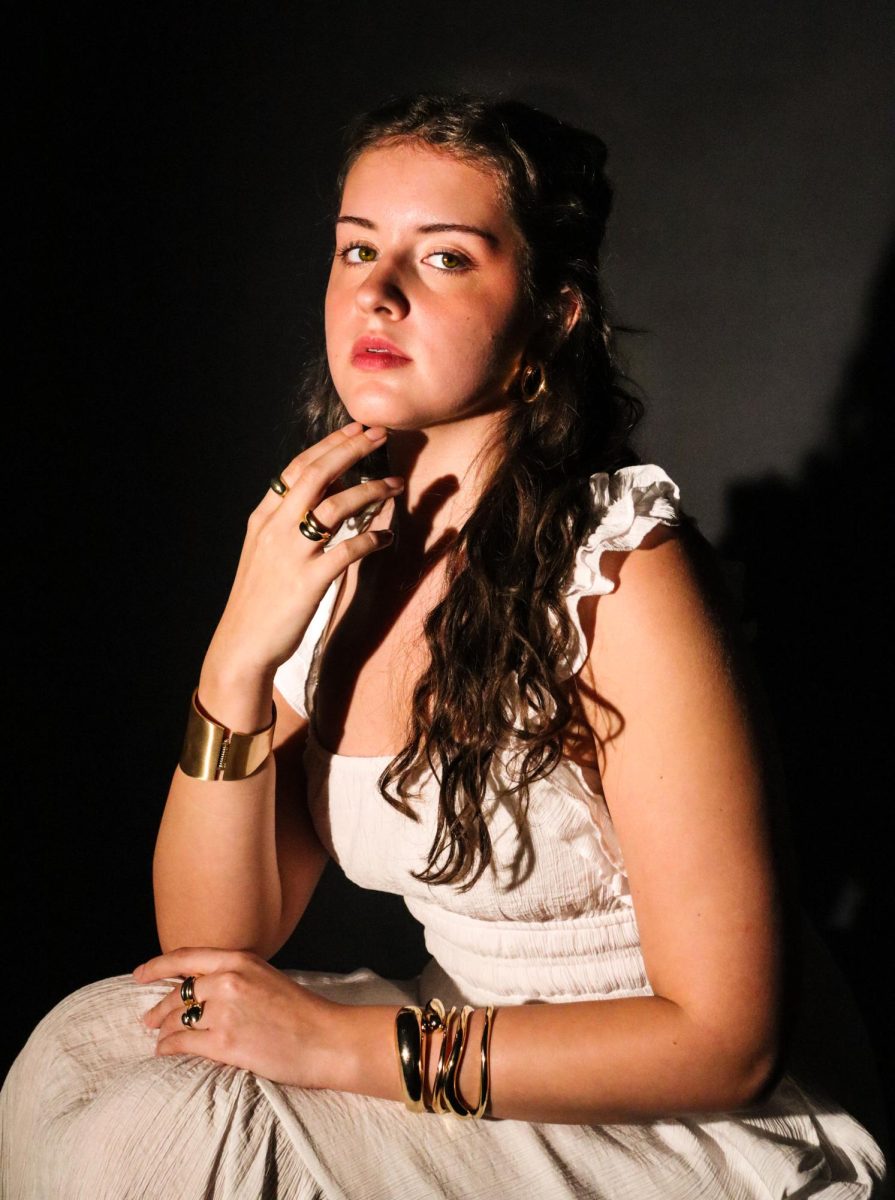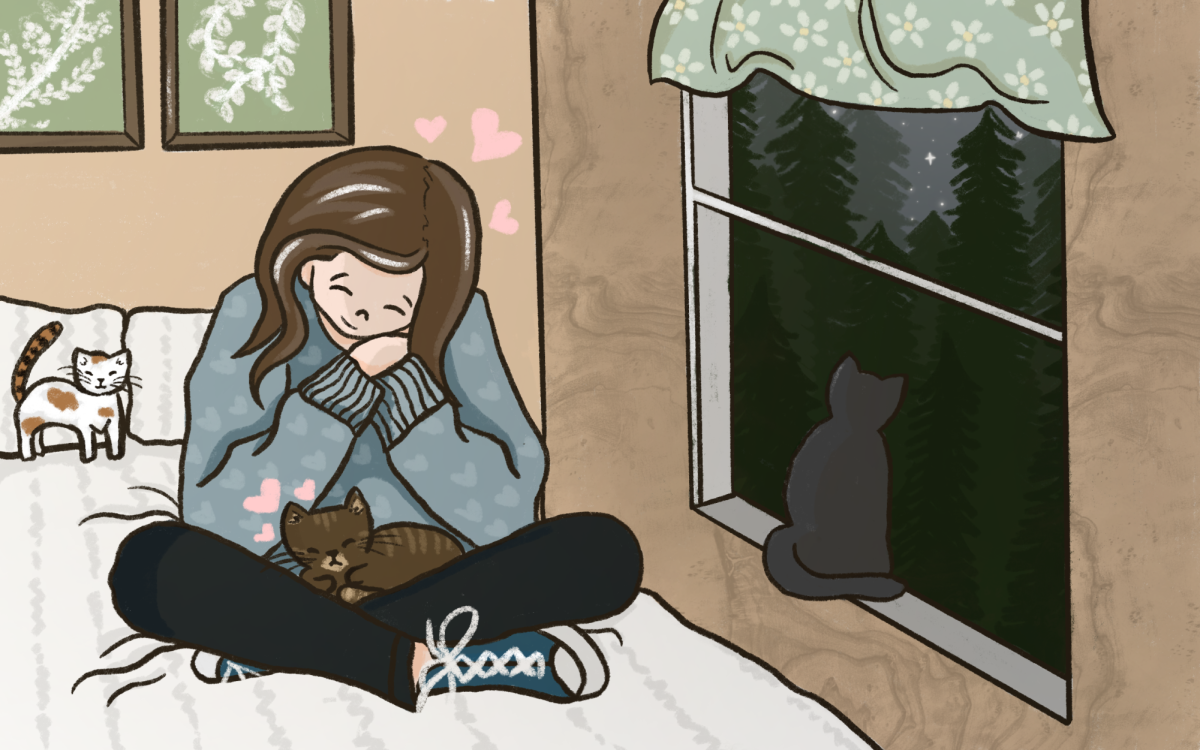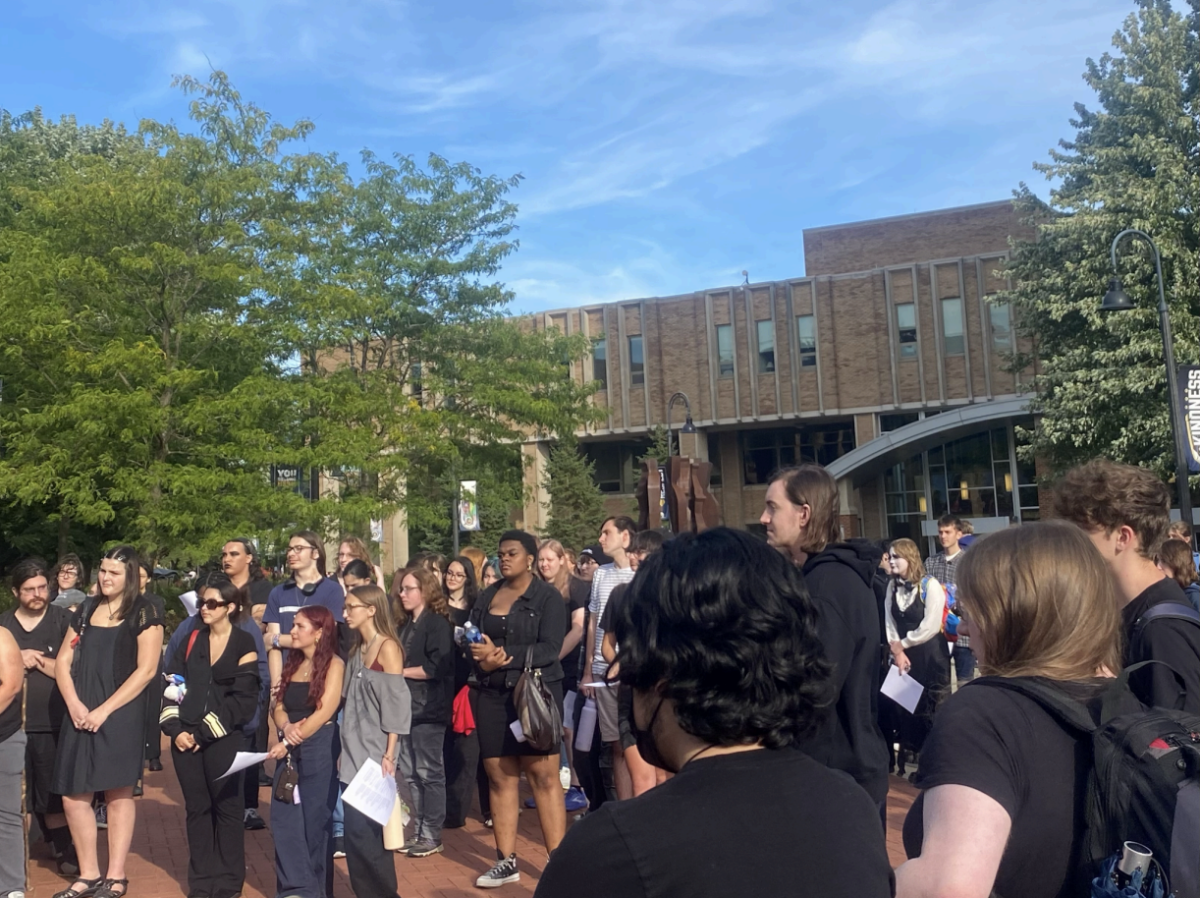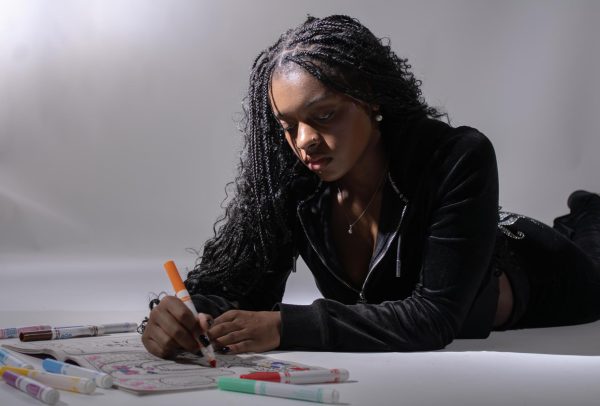
When I was younger, hobbies didn’t need proof. I did film photography, played the violin and journaled. I didn’t have to document every second or post an update so people knew I was doing something “productive.” I just … did them. Somewhere between childhood and now, hobbies became performances.
I don’t think I’m alone in noticing this. Growing up in a world where every little thing feels surveilled, it’s hard not to. Wearing a cute outfit? I must post my OOTD to my Instagram story. Going to a yoga class or the gym? Let me Snapchat all 35 of my streaks. Having a night out for dinner? Remember, the phone eats first. Somewhere along the way, enjoying life in the moment turned into curating it for an audience.
Sometimes I wonder how free I would feel if I just deleted everything. If I stopped tracking, stopped posting and stopped caring about who was watching? I imagine it would feel like getting my life back, like actually doing things for myself again, but then the fear sets in: what if I miss something? What if I fall behind in the collective brain rot? It feels like I’m trapped in this cycle, half craving the relief of being offline and half terrified of what I’d lose without the constant scrolling, updates and proof that I’m still “in on it.”
In a “Dazed Digital” article, writer Lucy Wilson described the same tug-of-war. She quit hobby-tracking apps like Letterboxd and Strava after realizing the constant logging made her enjoy her hobbies less, not more. Her piece captured that unsettling question: are we doing things for ourselves, or for the profile we’re building online?
I admit, I do feel the dopamine rush when I see who’s viewed my story or when the likes and comments start rolling in. The thing about our culture today is that we all want to feel like our authentic selves and have our own personal identities, but how authentic is it if I’m just posting the version of me I want you to see, the version I want to be perceived as? How sustainable is it to live my life dependent on daily validation from the internet? Breaking that cycle intimidates me. I literally can’t leave my house without some makeup, and if I do, I avoid seeing people I know out of fear of rejection.
As Juno Kelly wrote in “Culted,” hobbies and personal expression often get swallowed by clout-chasing. What starts as a way to connect with ourselves can quickly shift into a way to broadcast an identity, something others will find cool enough to double tap.
So authentic, right? Yeah, I see the contradiction. Authenticity has turned into this impossible standard. We’re told to “be ourselves,” but only if it photographs well, only if it looks good in a grid and only if it’s good content.
That’s what makes hobbies feel so strange now: taking decoration inspiration from your Pinterest algorithm, cooking dinner from a viral TikTok recipe, listening to music knowing it’ll show up on your Spotify Wrapped stats.
When everything becomes part of a trackable algorithm I start asking myself if I even know what I enjoy anymore. Do I genuinely like yoga, or do I like the aesthetic of being a “fit person?” Do I love the music I listen to, or do I love the idea of people knowing I listen to it? It’s not that the hobbies themselves aren’t enjoyable, it’s that the constant awareness of how they look to others sucks the joy out of it.
The saddest part is that it’s not just about interests. It seeps into the way we live our lives. Posting becomes proof we exist and likes become proof people see us. The longer we spend in that loop, the harder it is to trust that our undocumented lives matter, too.
“Vice” recently noted that Gen Z is leaning into so-called “grandma hobbies” like crochet, knitting and bread baking as a way to fight back against this pressure. Writer Ashley Fike described it as a rejection of doomscrolling, an effort to reclaim joy in doing something with no need for an audience.
Maybe that’s the challenge of growing up right now, figuring out how to hold onto enjoyment, even when everything around us demands content. We need to remember that not every meal, playlist or walk needs to be a performative proof of identity. We can do things just because they feel good, even if no one else ever knows about it.
Enjoyment was never meant to be a performance. It was meant to be individual contentment.
Support Student Media
Hi! I’m Hannah Planey, A Magazine’s editor-in-chief. My staff and I are committed to bringing you the most important and entertaining news from the realms of fashion, beauty and culture. We are full-time students and hard-working journalists. While we get support from the student media fee and earned revenue such as advertising, both of those continue to decline. Your generous gift of any amount will help enhance our student experience as we grow into working professionals. Please go here to donate to A Magazine.

